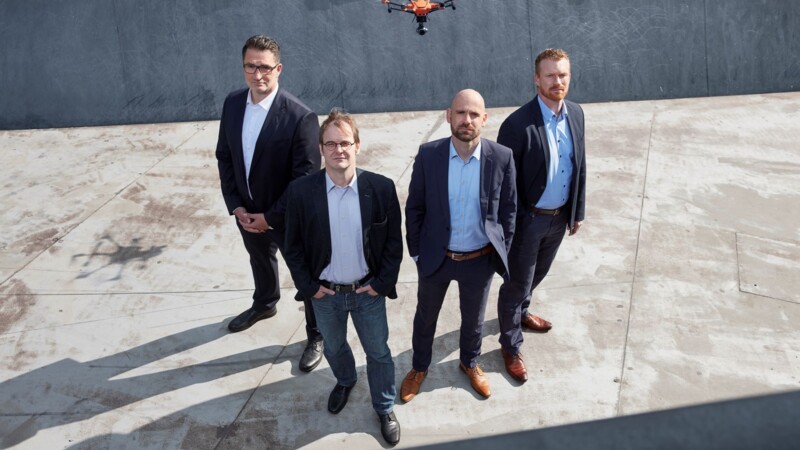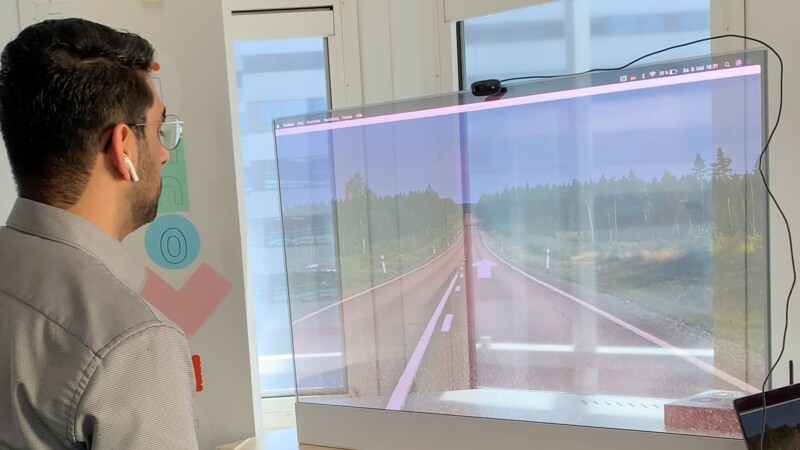Michael Westhagemann, Senator for Economics, commented: "As a city on a waterfront with large urban densities and industry, we must prepare for future security requirements with new, innovative solutions that be relied on in an emergency." The Rescue-Mate project offers an opportunity to expand Hamburg's existing drone activities by a component for disaster situations. Mathias Fischer, Professor of IT Security and Security Management at the University of Hamburg, pointed out: "Rescue-Mate is a great opportunity for Hamburg to launch a flagship project with nationwide appeal for civil security."
The German government is putting up to EUR to 250,000 towards Hamburg’s "Rescue-Mate" project involving the Ministry of Economics, the Hamburg Port Authority and the University of Hamburg. As part of the project, an AI-based system would develop largely autonomous swarms of drones to assess crises faster for emergency services. The initial funding has been approved through late 2022 as part of the "Research for Civil Security" scheme.
New solutions for emergencies
More funds in second phase
Two scenarios will be played out in the design stage and will be analysed and evaluated by researchers. During a storm surge scenario, the focus will be on evacuating HafenCity, while a drowning person has to be rescued in the second phase. The drone swarms are to be used for aerial reconnaissance and to search and locate people in large areas using AI-based image recognition with thermal imaging cameras. If the design proves convincing, "Rescue-Mate" might receive a significantly larger grant from late 2022. Five outstanding projects in the "Research for Civil Security" programme would then receive around EUR 30 million from the German Ministry of Education and Research.
tn/pb
Sources and further information
More
Similar articles

Life-saving potential of UAVs thanks to sensors

Singapore's TeleMedC startup to move into Hamburg's the-labs-space

